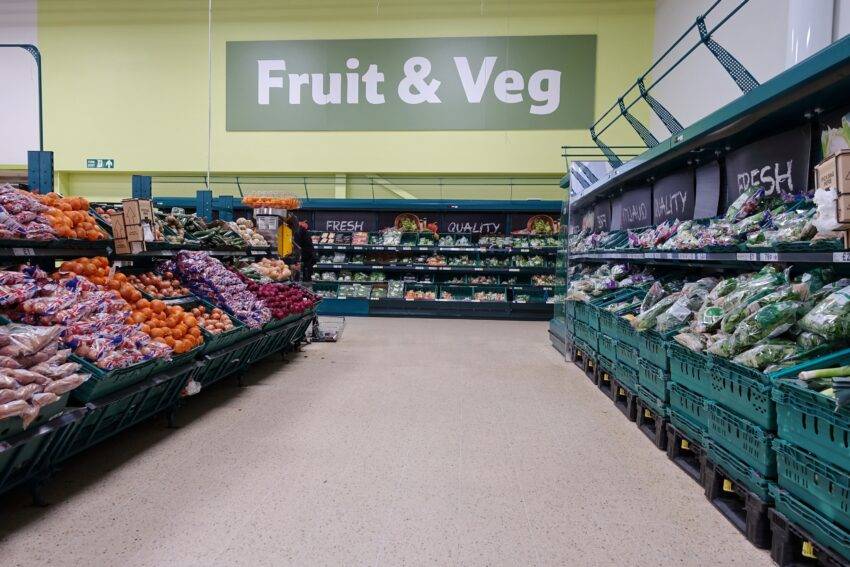
Independent shopkeepers have accused Tesco of undercutting them by selling products for less in its stores compared to its wholesale business, Booker, raising concerns about Tesco’s dominance in the grocery market and its impact on local retailers.
Despite Tesco’s acquisition of Booker in 2017, promising benefits to independent retailers, shop owners claim that a significant portion of items stocked by Booker are cheaper in Tesco stores. This includes products offered through Tesco’s Clubcard Prices loyalty discount scheme, further exacerbating the pricing gap between Tesco and independent retailers.
Examples provided by independent retailers highlight the disparity in pricing, with several items priced lower in Tesco stores than at Booker wholesale outlets. This has led to concerns among independent shopkeepers about Tesco’s competitive advantage and its potential to undercut local businesses.
While Tesco’s ownership of Booker was expected to leverage combined buying power to benefit independent retailers, shop owners express frustration over the lack of price parity and reduced choice at Booker outlets. The focus on price-marked products has limited options for independent retailers, who often face higher relative costs of running their businesses.
Booker maintains that its pricing is competitive within the wholesale market and emphasizes its commitment to serving retail customers. However, independent shopkeepers argue that Tesco’s influence has led to pricing discrepancies and reduced affordability for small businesses.
The Competition and Markets Authority, which is already examining loyalty card discount schemes, including Tesco’s Clubcard, has not commented on whether it will intervene to address concerns about the grocery wholesale market. However, the pricing disparity highlighted by independent shopkeepers underscores broader challenges facing small retailers in a market dominated by major supermarket chains.